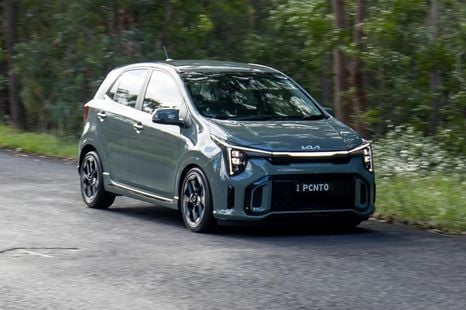

Matt Campbell
2026 Kia Picanto review
3 Hours Ago

Publisher
Porsche will continue its commitment and investment in eFuels despite its key partner in the carbon capture process of manufacturing having pulled out of the project.
The German brand is keeping the dreams of all car enthusiasts alive by investing billions in an attempt to create sustainable eFuels that can be used by current vehicles, with current refuelling infrastructure.
Having committed to making 80 per cent of the vehicles it sells electric by 2030, the other 20 per cent relies on Porsche being able to produce the eFuel sustainably at scale.
Its current plant in Chile is making use of strong wind farm power production capacity but it’s still early days; production for this year at the small facility will be around 130,000 litres at best.
To summarise the process of making eFuels in laymen terms, Porsche uses an electrolyser to convert water into hydrogen and oxygen, then combines the hydrogen with captured CO2 and synthesises it into e-methanol.
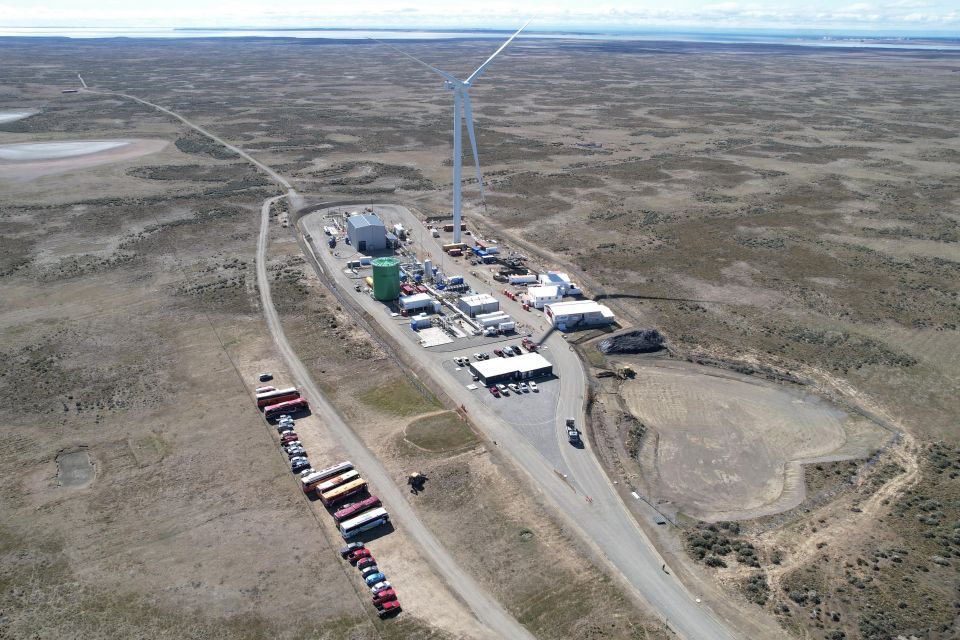
Then, it uses a complex methanol-to-gas process to produce raw gasoline, which is sent to a refinery to be turned into fuel you can use in your car.
The key elements of this process are the capacity to capture CO2 from the air, and using energy that is sustainable to produce the eFuels.
Speaking to media at Porsche’s headquarters in Stuttgart during the brand’s 75 year anniversary celebrations, Barbara Frenkel, member of the board in charge of the eFuels project, said the project is ongoing despite some setbacks.
“The problem is not the car, not the engine, but the fuel,” Ms Frenkel said about the environmental impact of current internal-combustion engine vehicles.
“There are 1.3 billion cars on the road. If you think about how long it will take before they are replaced with electric cars, this will take a couple of decades – and there will be areas around the world that it might take even longer because green electricity does not exist yet in all the markets.”
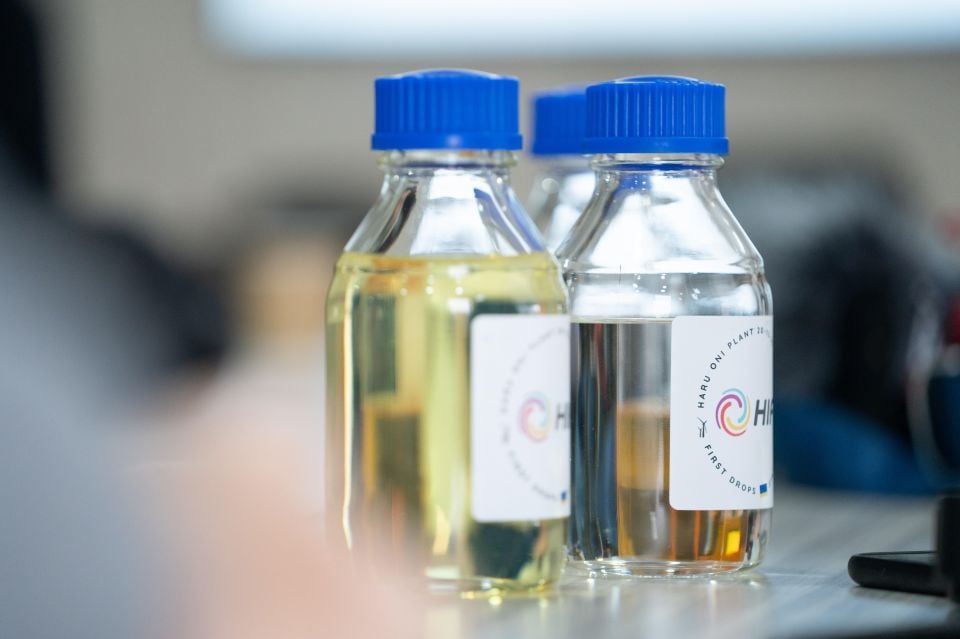
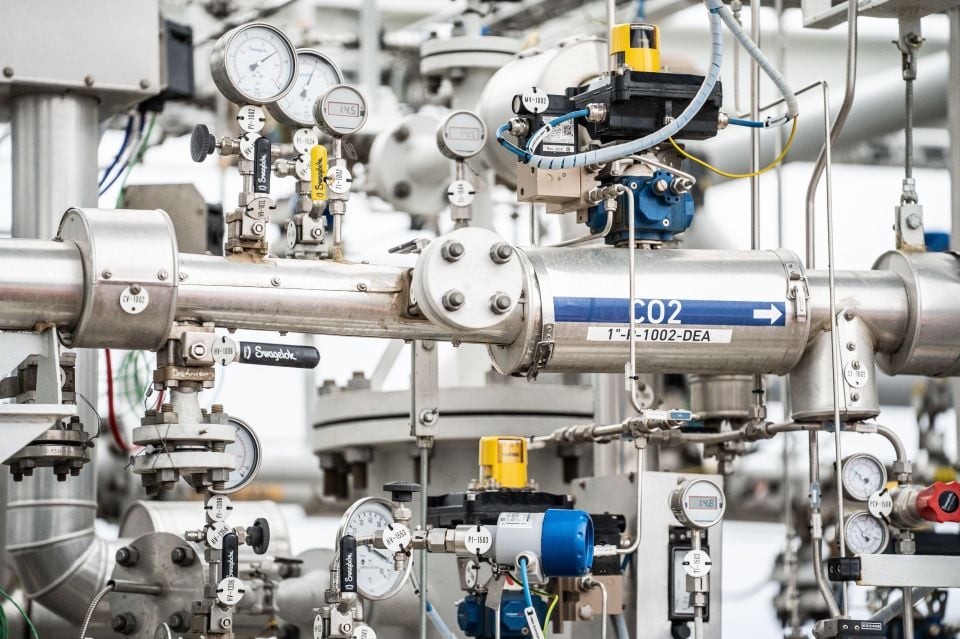
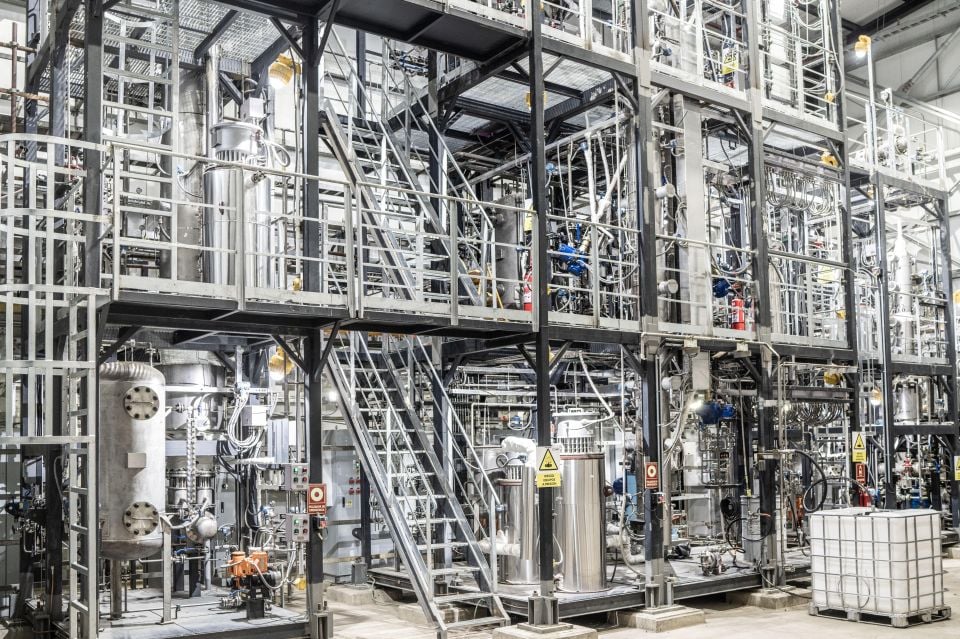
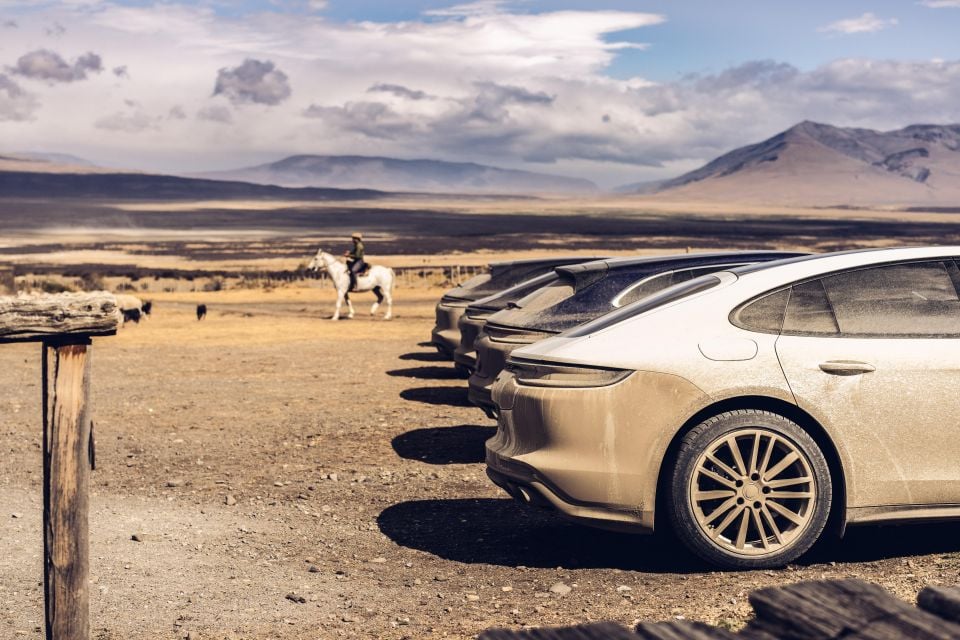
According to Ms Frenkel, the focus should be taking CO2 out of the air – and e-fuels present a unique opportunity to do this. But Global Thermostat, the company with which Porsche had partnered with for this process, has withdrawn from the project.
“There is one element missing in this process. We wanted to put into process the so-called direct capturing air technology; suck the CO2 out of the air and use it in our process. That is in the moment not existing yet,” she said.
“Our partner that we had identified as a startup due to supply chain problems was not able to provide it on time, in order to keep this active [scaling] process going.”
Porsche appears to be investing in this process almost solo, with some companies (including within the Volkswagen Group) appearing to dismiss the initiative – while others have shown interest (such as Ferrari), but are seemingly waiting for Porsche to solve the CO2 capturing process first.
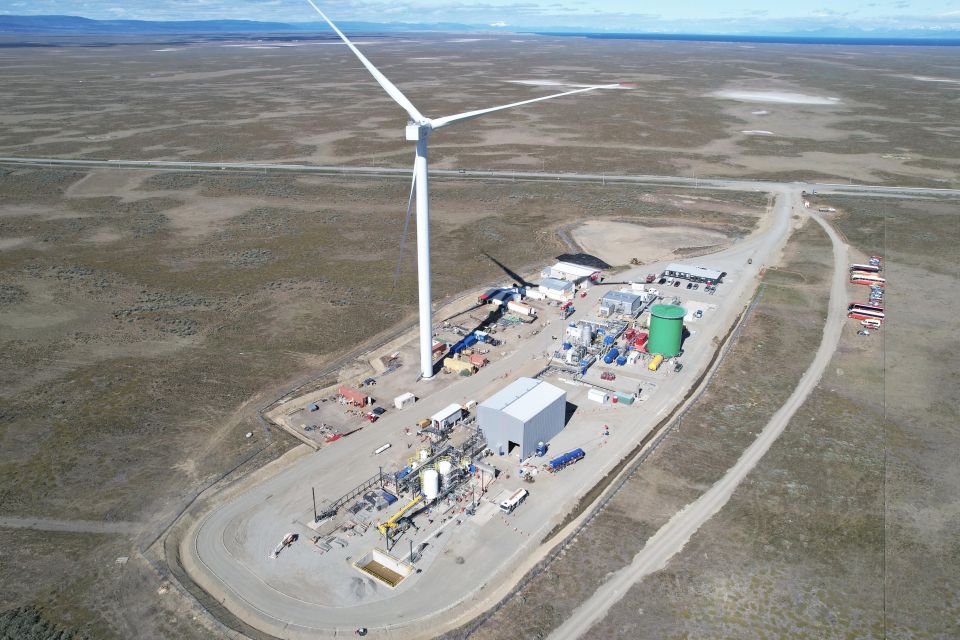
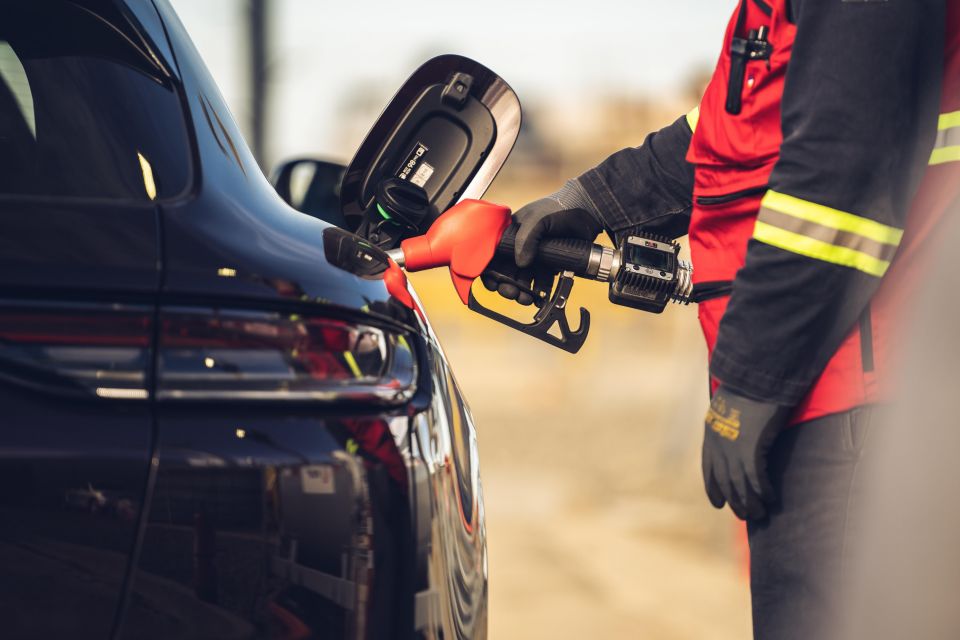
“Being the pioneers of creating this fuel… when you are the pioneer the most exciting aspect is that you go down roads that no-one has gone before, and you pay for the roads that hopefully others will follow.”
While the current partner and technology appear not to have been capable of solving the complex problem of CO2 capture, Ms Frenkel said she is “150 per cent” confident the problem will be solved in time to scale eFuel production.
Porsche has already said it plans to build an eFuels facility in Tasmania that can produce 100 million litres of sustainable fuel per year by 2026, but it remains to be seen what the CO2 source will be if Porsche can’t solve the direct air capture technology challenge in time.
Europe has already indicated it will consider eFuels as an alternative to electric vehicles if its sustainability can be proven, meaning harsh regulations banning non-electric vehicles in the coming years may be open to change.
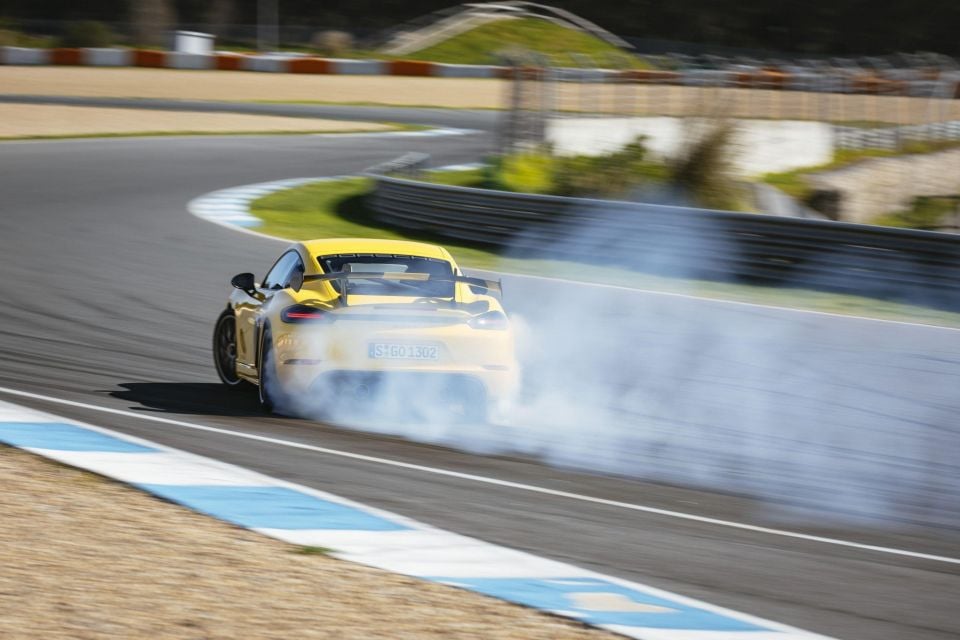
Regardless of the current state of affairs, Porsche’s continuous investment in eFuels is commendable for lovers of internal-combustion vehicles.
Given it plans to make the 911 and other hardcore sports cars with an internal-combustion engine for as long as legally possible, plenty will be holding their breath hoping for the brand to succeed.
Go deeper on the cars in our Showroom, compare your options, or see what a great deal looks like with help from our New Car Specialists.
Alborz Fallah is a CarExpert co-founder and industry leader shaping digital automotive media with a unique mix of tech and car expertise.


Matt Campbell
3 Hours Ago
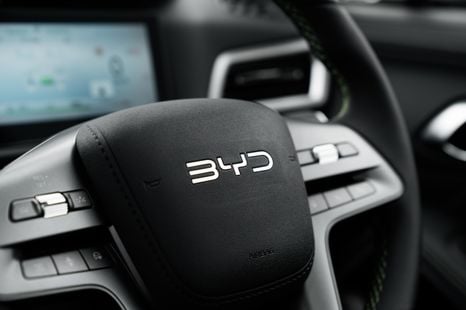

Ben Zachariah
19 Hours Ago
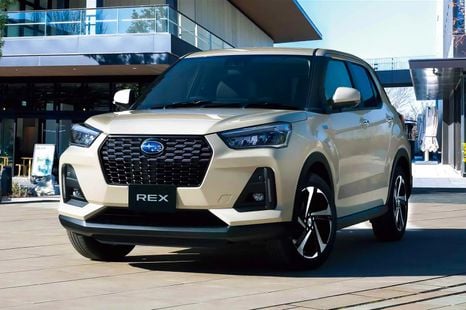

James Wong
19 Hours Ago
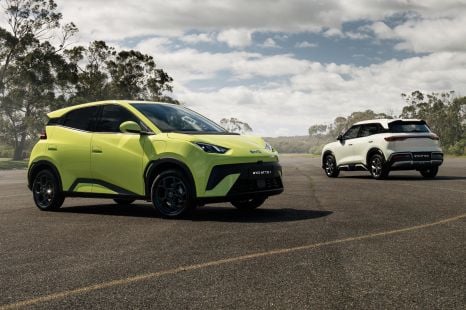

William Stopford
19 Hours Ago
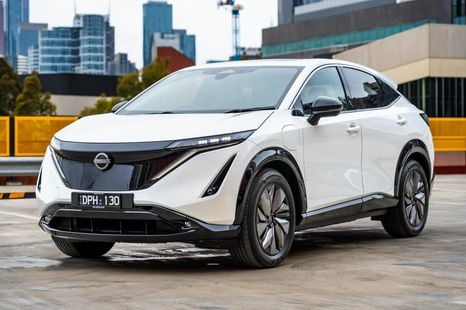

Josh Nevett
1 Day Ago
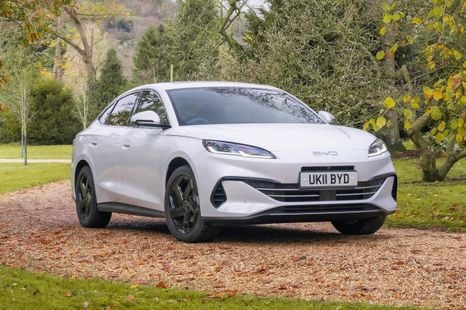

Derek Fung
2 Days Ago
Add CarExpert as a Preferred Source on Google so your search results prioritise writing by actual experts, not AI.